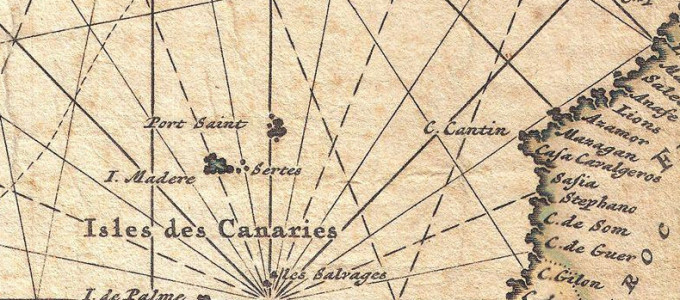This April, of course, marks the 450th birthday of William Shakespeare. And what better, more Twice Cooked appropriate way to celebrate than to dredge up a few of the venerable Bard’s thoughts on the subject of sherry. Sherry is a beverage for which I have a particular love. And so too, it turns out, does Falstaff. Here is what he has to say on the subject in Henry IV, Part II:
A good sherris sack hath a two-fold
operation in it. It ascends me into the brain;
dries me there all the foolish and dull and curdy
vapours which environ it; makes it apprehensive,
quick, forgetive, full of nimble fiery and
delectable shapes, which, delivered o’er to the
voice, the tongue, which is the birth, becomes
excellent wit. The second property of your
excellent sherris is, the warming of the blood;
which, before cold and settled, left the liver
white and pale, which is the badge of pusillanimity
and cowardice; but the sherris warms it and makes
it course from the inwards to the parts extreme:
it illumineth the face, which as a beacon gives
warning to all the rest of this little kingdom,
man, to arm; and then the vital commoners and
inland petty spirits muster me all to their captain,
the heart, who, great and puffed up with this
retinue, doth any deed of courage; and this valour
comes of sherris. So that skill in the weapon is
nothing without sack, for that sets it a-work; and
learning a mere hoard of gold kept by a devil, till
sack commences it and sets it in act and use.

